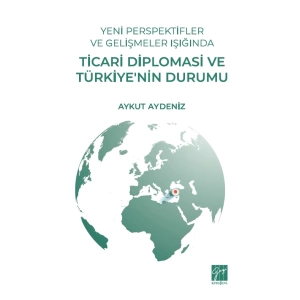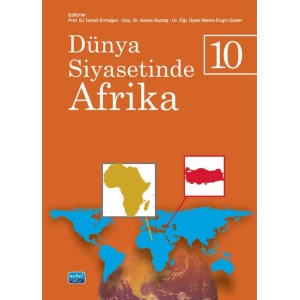The reasons for the persistence of authoritarianism in the Arab world has eluded scholars of democratization for a very long time. While many hoped that the Arab Spring might have been a break through moment in terms of democratization, authoritarian forms of political regimes proved to be resilient once again. On the basis of an array of internal and external factors, this book aims to shed some light upon the ways of how authoritarianism survived, by taking four case studies (Morocco, Tunisia, Egypt and Iraq). While many of those factors have been highlighted before, we believe what is missing is perhaps the unique interaction between them. Therefore, covering the dynamics of the relationship between the internal and external factors of authoritarianism may help us better understand why the Arab world has thus far evaded all the previous waves of democratization.

























